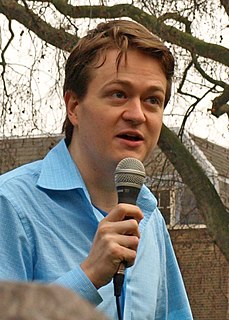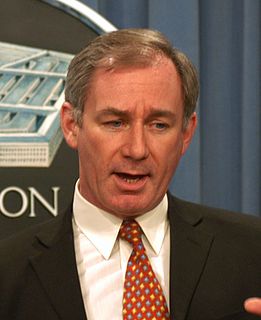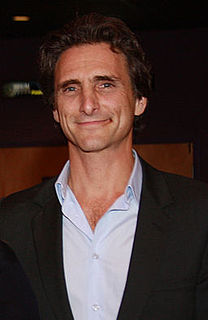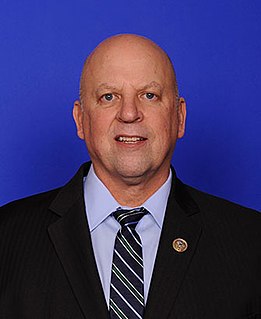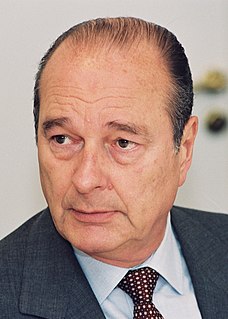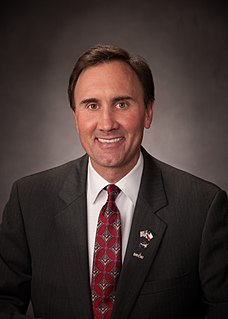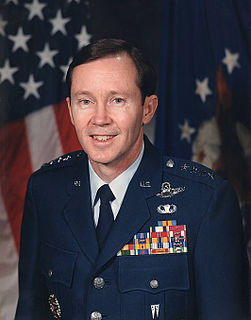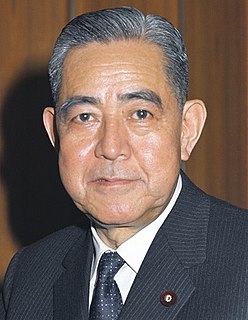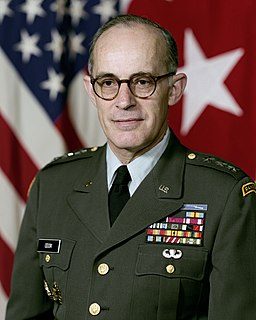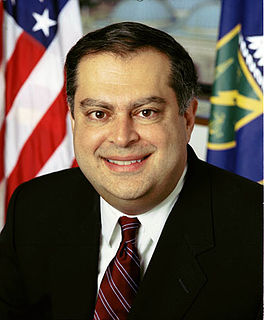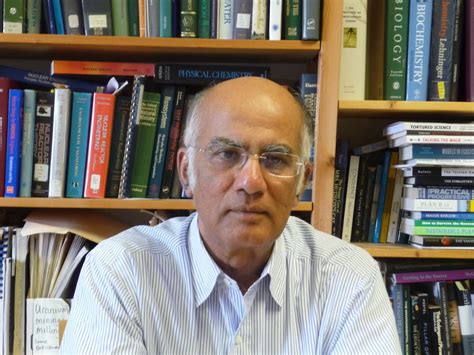Top 1200 Nuclear Proliferation Quotes & Sayings
Explore popular Nuclear Proliferation quotes.
Last updated on April 16, 2025.
If protesting against having a nuclear bomb implanted in my brain is anti-Hindu and anti-national, then I secede. I hereby declare myself an independent, mobile republic. I am a citizen of the earth. I own no territory. I have no flag. My policies are simple. I'm willing to sign any nuclear non-proliferation treaty or nuclear test ban treaty that's going. Immigrants are welcome. You can help me design our flag.
Basically [United States and France] said "We will use nuclear weapons whenever it suits our purposes to do so." So this expansion of doctrines regarding possible use of nuclear weapons makes them more, you know, sort of, salient and important and so it's increasing the perceived political value of nuclear weapons and therefore causing or contributing to possible proliferation.
One of the most serious [challenges] is increased military spending and the cost of maintaining and developing nuclear arsenals. Enormous resources are being consumed for these purposes, when they could be spent on the development of peoples, especially those who are poorest. For this reason I firmly hope that, during the Nuclear Non-Proliferation Treaty Review Conference to be held this May in New York, concrete decisions will be made towards progressive disarmament, with a view to freeing our planet from nuclear arms
For the United States to recommit itself to the obligation that we undertook in the Nuclear Non-Proliferation Treaty that many other states undertook, which was to work towards disarmament and the eventual elimination of nuclear weapons, is something that manifestly serves our national security interests.
The basic problem with the Non-Proliferation Treaty is there's no teeth in it, no penalties for countries that don't comply. Worse, as you say, the very naïve structure of the NPT has actually made it helpful for countries who want to acquire nuclear weapons. Iraq, North Korea, Iran, all used the NPT to build up their nuclear programs.
The worst part of what we heard Donald [trump] say has been about nuclear weapons. He has said repeatedly that he didn't care if other nations got nuclear weapons, Japan, South Korea, even Saudi Arabia. It has been the policy of the United States, Democrats and Republicans, to do everything we could to reduce the proliferation of nuclear weapons.
At a time when the threat of nuclear arms is again increasing, the Norwegian Nobel Committee wishes to underline that this threat must be met through the broadest possible international cooperation. This principle finds its clearest expression today in the work of the IAEA and its Director General. In the nuclear non-proliferation regime, it is the IAEA which ensures that nuclear energy is not misused for military purposes, and the Director General has stood out as an unafraid advocate of new measures to strengthen that regime.
If you want to find weapons of destruction, you can find them all over the place. Take, say, Israel. There is a very great concern right now about proliferation of nuclear weapons, as there should be. Israel has a couple of hundred nuclear weapons and also chemical and biological weapons. This stockpile is not only a threat in itself but encourages others to proliferate in reaction and in self-defense. Is anybody saying anything about this?
The court was unable to rule on all circumstances in which nuclear weapons might be used, and it said in view of the problems, the risks posed by nuclear weapons, and in view of the lack of certainty of the law in all circumstances, the best course is fulfilling the obligation of good faith negotiations of nuclear disarmament contained in the nuclear non-proliferation treaty.
The time has come for those nations that rely on the force of nuclear armaments to respectfully heed the voices of peace-loving people, not least the atomic bomb survivors, to strive in good faith for nuclear disarmament and non-proliferation, and to advance towards the complete abolishment of all such weapons.
One of the greatest concerns that I had when I became President was the vast array of nuclear weapons in the arsenals of the United States and the Soviet Union and a few other countries, and also the great proliferation of conventional weapons, non-nuclear weapons, particularly as a tremendous burden on the economies of developing or very poor countries.
The biggest problem this world has today is not President [Barack] Obama with global warming, which is inconceivable, this is what he's saying. The biggest problem we have is nuclear - nuclear proliferation and having some maniac, having some madman go out and get a nuclear weapon. That's in my opinion, that is the single biggest problem that our country faces.
Negotiations with Iran, especially, will not be easy under any circumstances, but I suspect that they might be somewhat less difficult if the nuclear-weapon states could show that their requests are part of a broader effort to lead the world, including themselves, toward nuclear disarmament. Preventing further proliferation is essential, but it is not a recipe for success to preach to the rest of the world to stay away from the very weapons that nuclear states claim are indispensable to their own security.
It is the foremost responsibility of the United States, having been the predominant nuclear power, to take the lead in scaling this back and making good on its signed and sealed and ratified obligation in Article 6 of the non-proliferation treaty going back to '68 to eliminate this nuclear arsenal. That's a serious international obligation.
The international community must do a better job of controlling the risks of nuclear proliferation. Sensitive parts of the nuclear fuel cycle - the production of new fuel, the processing of weapon-usable material, the disposal of spent fuel and radioactive waste - would be less vulnerable to proliferation if brought under multinational control.
The real issue of dealing with proliferation of weapons of mass destruction: nuclear, chemical or biological is: What is your tolerance for risk? And my tolerance for risk for WMD proliferation is pretty close to zero. Because otherwise, we and our allies are at the mercy of regimes like Ahmadinejad and the mullahs in Tehran, or Kim Jong Il and the Hitler-in-the-bunker mentality in Pyongyang, or others who don't share our calculus on the value of human life.
What is the only provocation that could bring about the use of nuclear weapons? Nuclear weapons. What is the priority target for nuclear weapons? Nuclear weapons. What is the only established defense against nuclear weapons? Nuclear weapons. How do we prevent the use of nuclear weapons? By threatening to use nuclear weapons. And we can't get rid of nuclear weapons, because of nuclear weapons. The intransigence, it seems, is a function of the weapons themselves.
Nuclear power as a solution to global warming is theoretically possible, but the proliferation problems and accident risks it would create would, I think, be intolerable because you have to build an immense number of nuclear power plants, one large plant a week around the world for the next 40 years, to make a significant dent in the global warming problem.
We have been led to believe that we have come a long way toward world nuclear disarmament. But that is not the case. Our government is not doing all that it could. We must urge our leaders to fulfill the obligations of the Nuclear Non-Proliferation Treaty. The United States must assume world leadership to end once and for all the threat of nuclear war. It is our moral responsibility.


